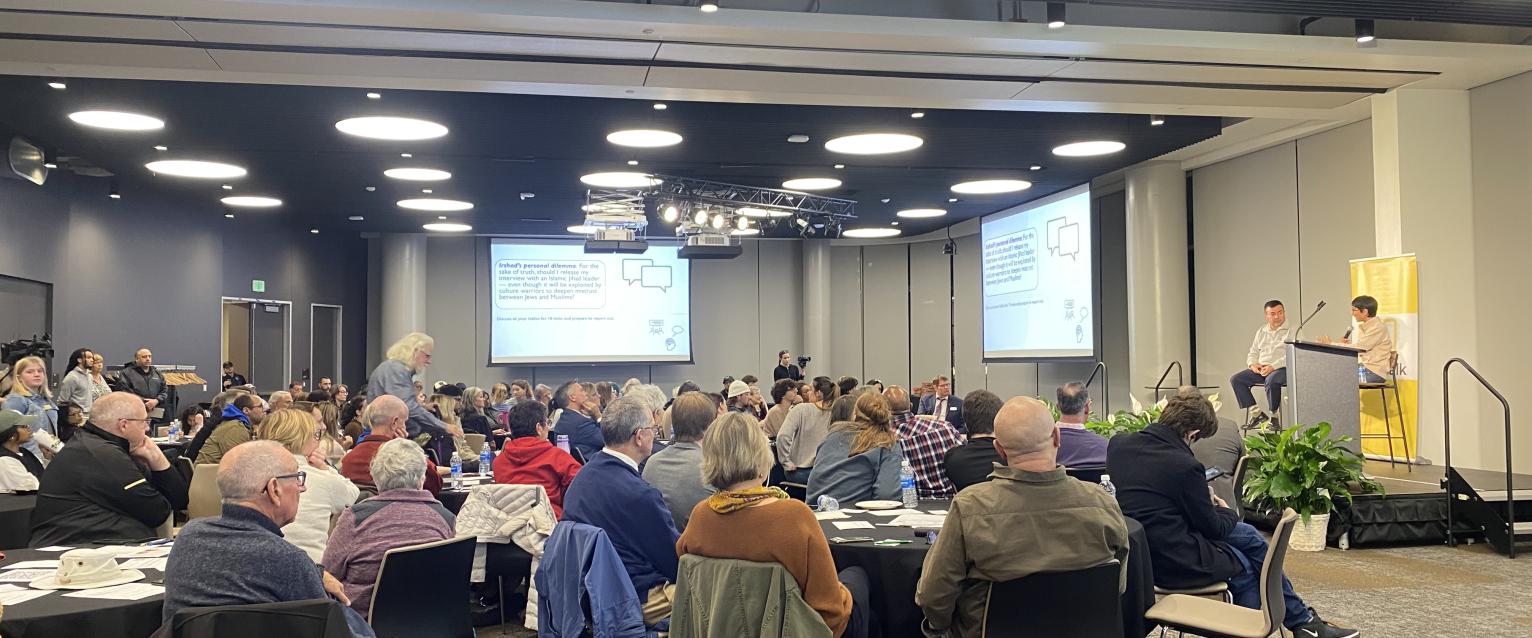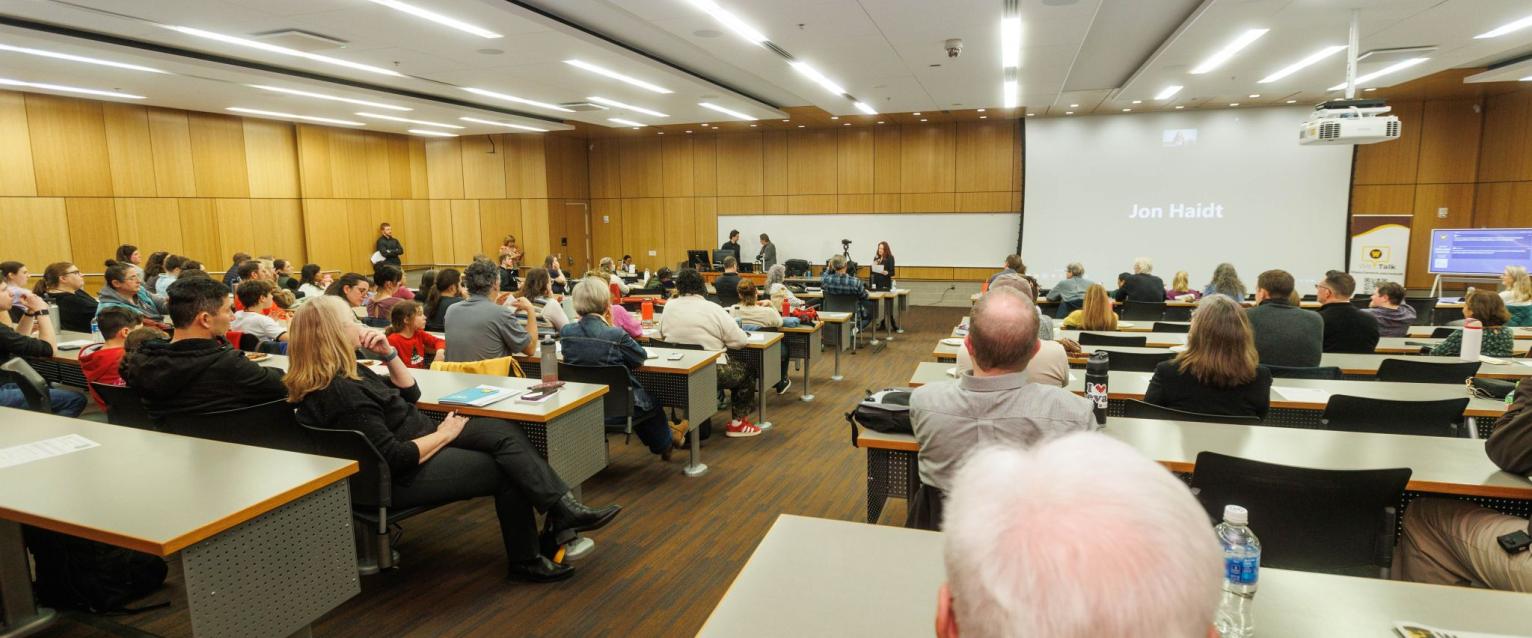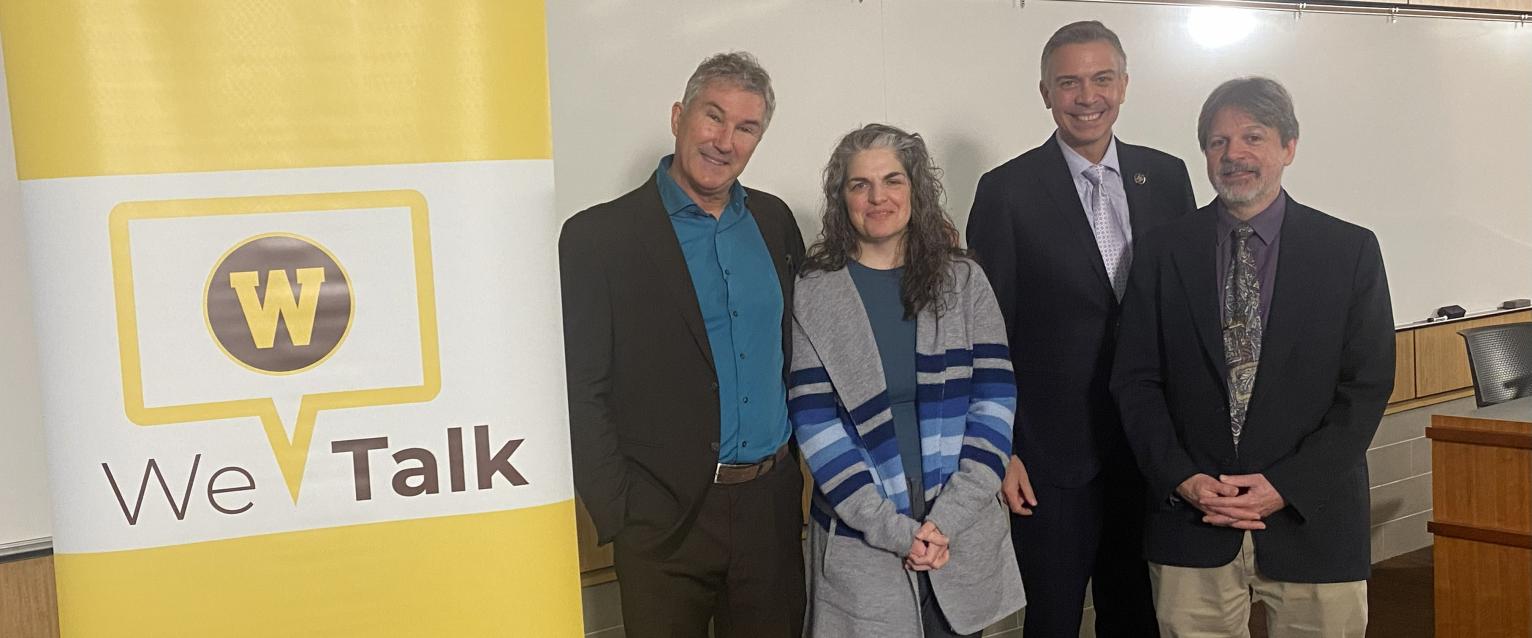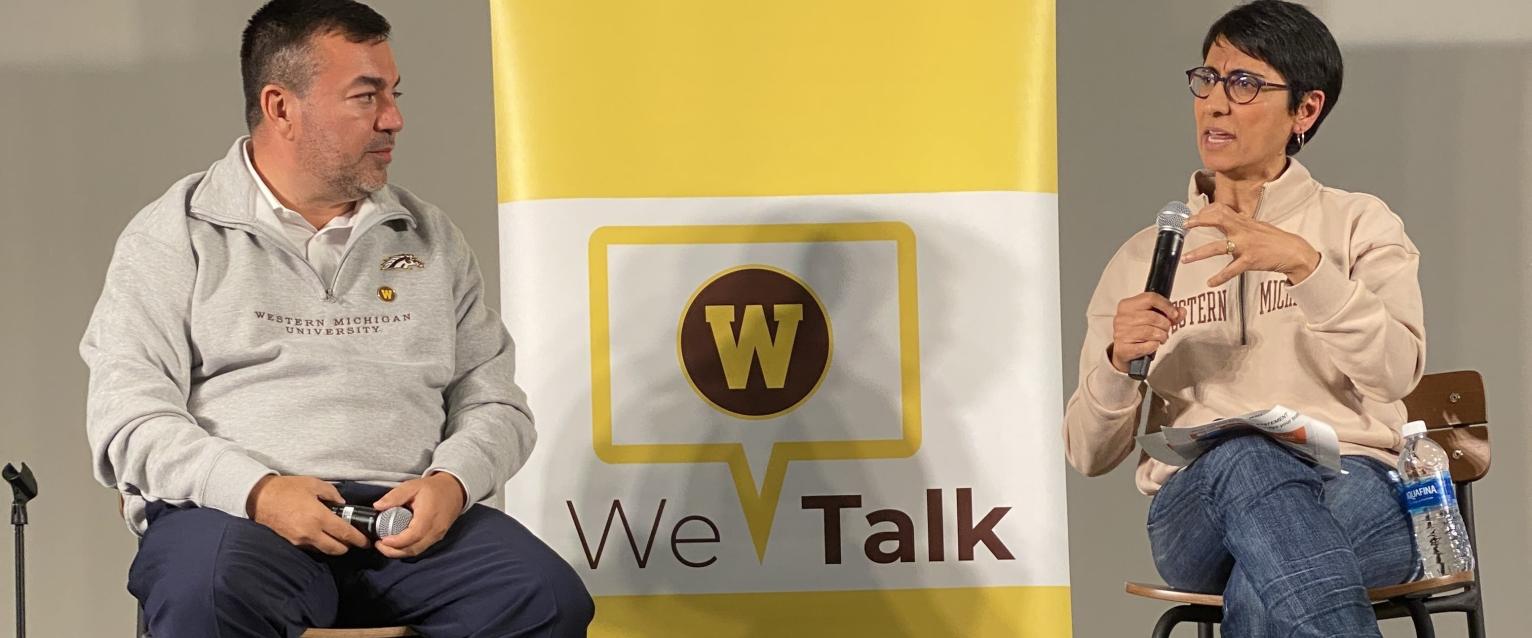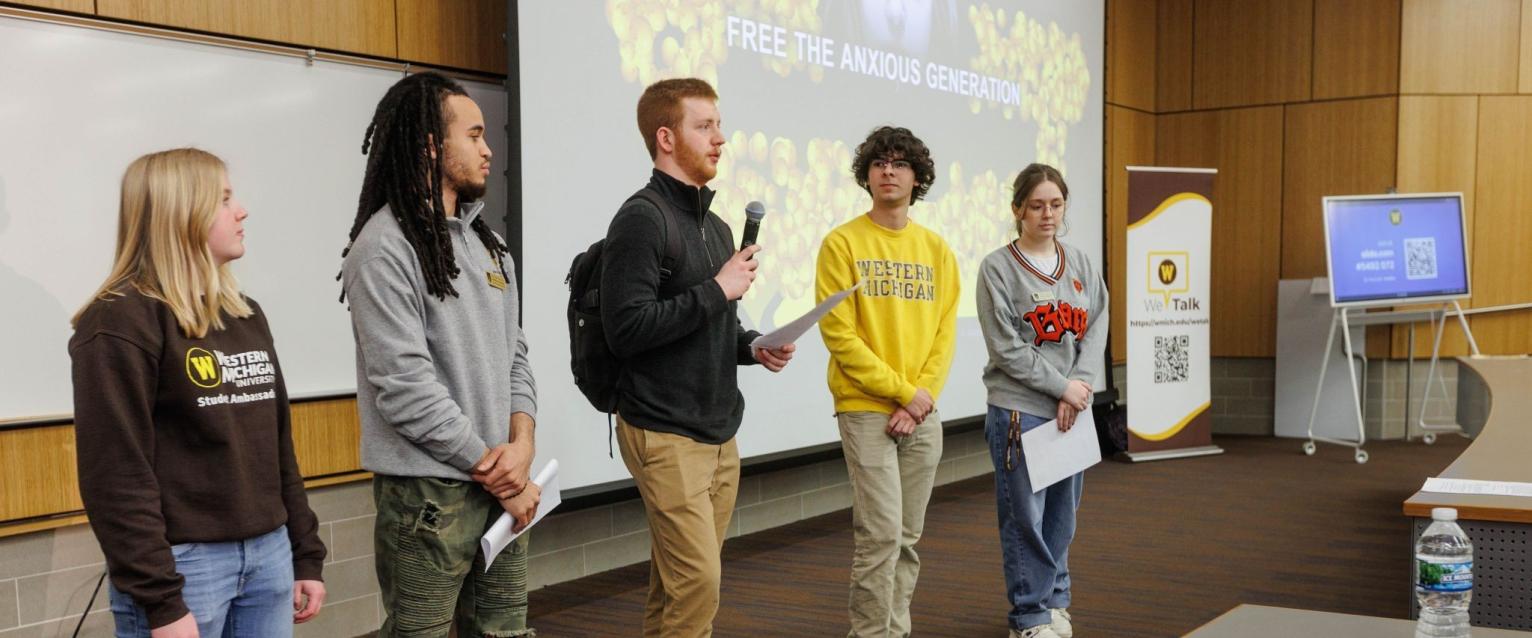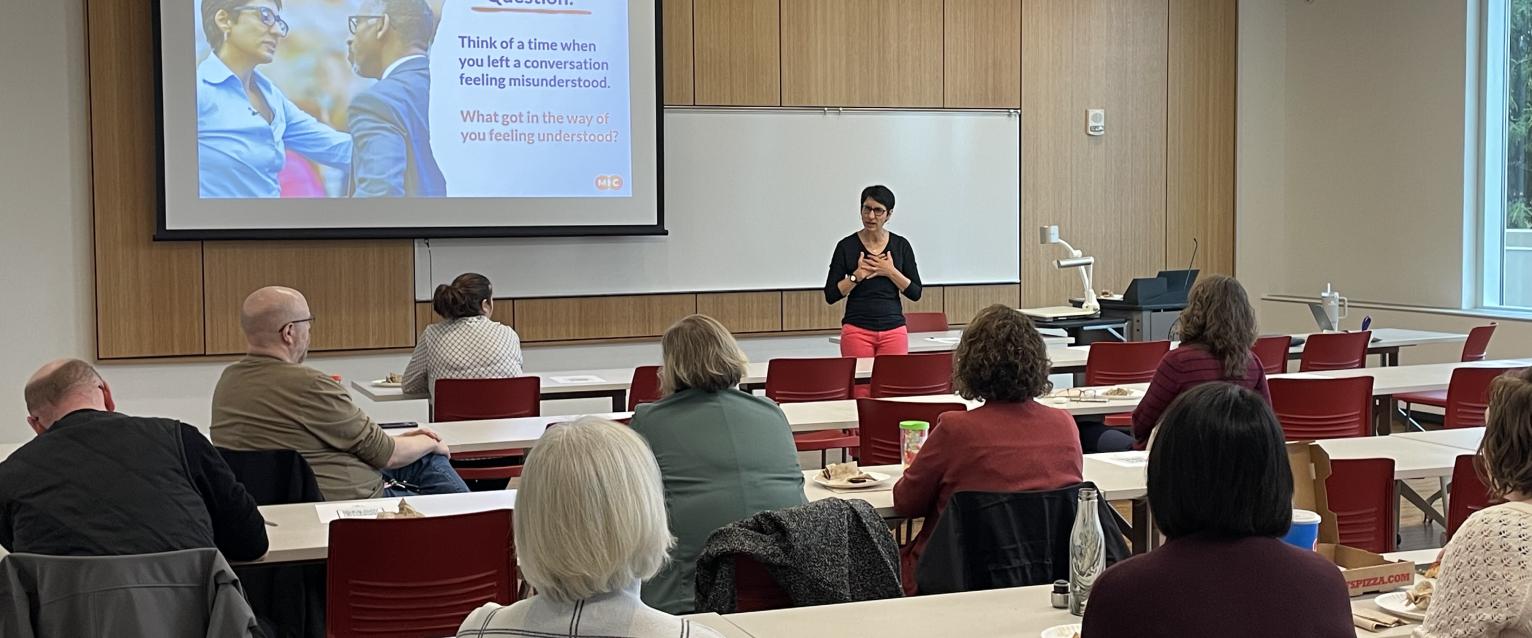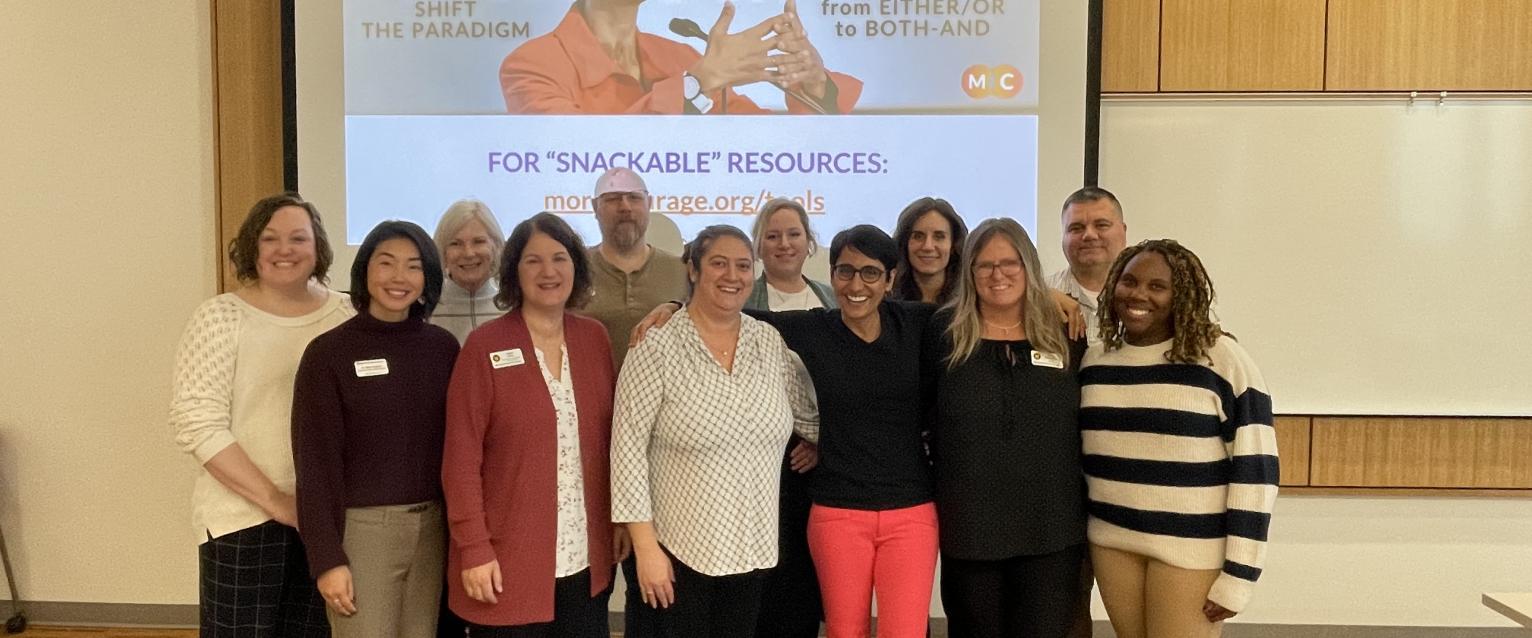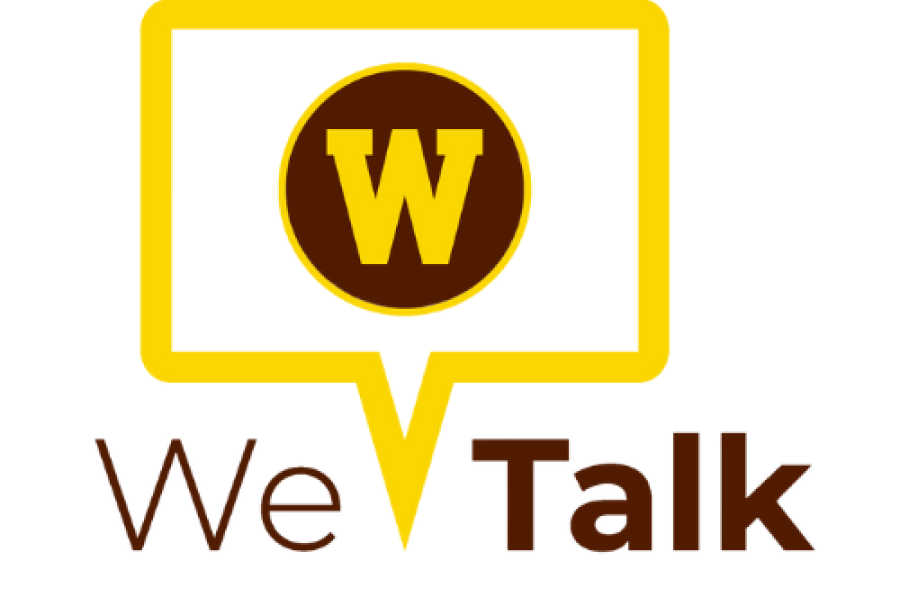
The primary goal of the We Talk initiative is not just moderating and tempering views, but also expanding them to include a greater ability to learn from others. We Talk is focused on providing programming and resources to help people learn how to successfully navigate difficult conversations to resolve critical issues—at work, home and throughout the community.
The political conflict and societal tensions that existed prior to the COVID pandemic continue to heighten making the University's commitment to free speech and civil discourse ever more critical. WMU's administration, Faculty Senate, staff leadership and student government have embraced We Talk over the past year as an initiative that closes the emotional divide between conflicting beliefs through intentional listening, rational actions, the use of rational language, and empathy.
Our Principals
As a member of the Heterodox Academy campus community, our program development aligns with its principles of improving research and education by fostering open inquiry, viewpoint diversity, and constructive disagreement. Our programming equips campus and community members with tools to engage effectively in difficult conversations across diverse perspectives.
We Talk is supported by the Fetzer Institute, which awarded a $93,000 grant to We Talk in early 2022 to expand its educational opportunities to help people learn the skill sets and become receptive to resolving conflicting beliefs through intentional listening, rational actions and language, and empathy. The first initiative of the partnership was welcoming Dave Isay, founder of StoryCorps, an ongoing national oral history project, and its One Small Step initiative to Kalamazoo in March 2022. Read more.


